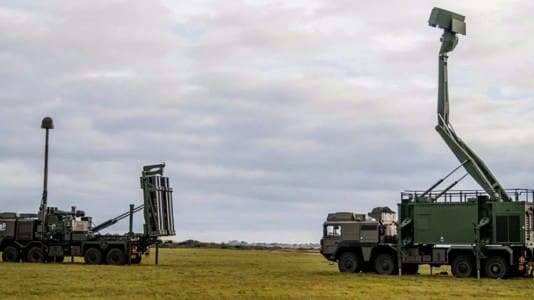Bulgaria is enforcing a punitive transit fee, known as its “energy contribution fee,” on all natural gas transfers from Russia in a move likely to hit Central and Eastern European countries the hardest, Hungarian business newspaper Világgazdaság reported on Tuesday.
Sofia has begun collecting the charge of 20 leva (€10) for every megawatt-hour of Russian natural gas passing through its territory. The extra charge is a quarter of the price of the gas itself and hits Hungary hard: most of the gas from Russia enters Hungary via Bulgaria.
In the case of gas destined for the Hungarian market, the extra bill is paid by Gazprom because the Russian company bears the costs until the gas reaches Kiskundorozsma.
Bulgaria considers all gas Russian until proven otherwise
In addition, although only gas of Russian origin (including liquefied) is covered by the law, which was adopted by the Bulgarian parliament on Sept. 28 and entered into force on Oct. 13, traders who transit non-Russian gas have also received a notice to pay the higher amount.
If they do not pay, the Bulgarian system operator will still take the money it says it is entitled to after a grace period of 10 days under what it calls a traders’ bank guarantee.
Bulgartransgaz, the natural gas transmission and storage system operator of Bulgaria, recently sent a notice to users of its gas network asking them to prove the origin of their gas, namely whether it is Russian or not.
According to market sources asked by Világgazdaság, users were unlikely to comply, as Bulgartransgaz knew who was supplying what to whom anyway. However, the company replied to traders’ complaints by saying that any gas they did not declare was considered Russian by default.
Transit from Greece is affected as well
Under the law, the logical thing would have been for the 20 leva to apply only to Russian gas entering Bulgaria from Serbia, i.e., from the Turkish Stream. However, according to market sources, Bulgastransgaz penalizes all transit. This includes, for example, transport coming into its network from Greece and going to Serbia, although the Greek-Bulgarian border point will be excluded from the measure.
It will also only waive the extra penalty for such transit if it has received a “non-Russian” certificate.
Hungarian diplomatic channels have already contacted the Bulgarian authorities on the matter, but no further information has been reported.






